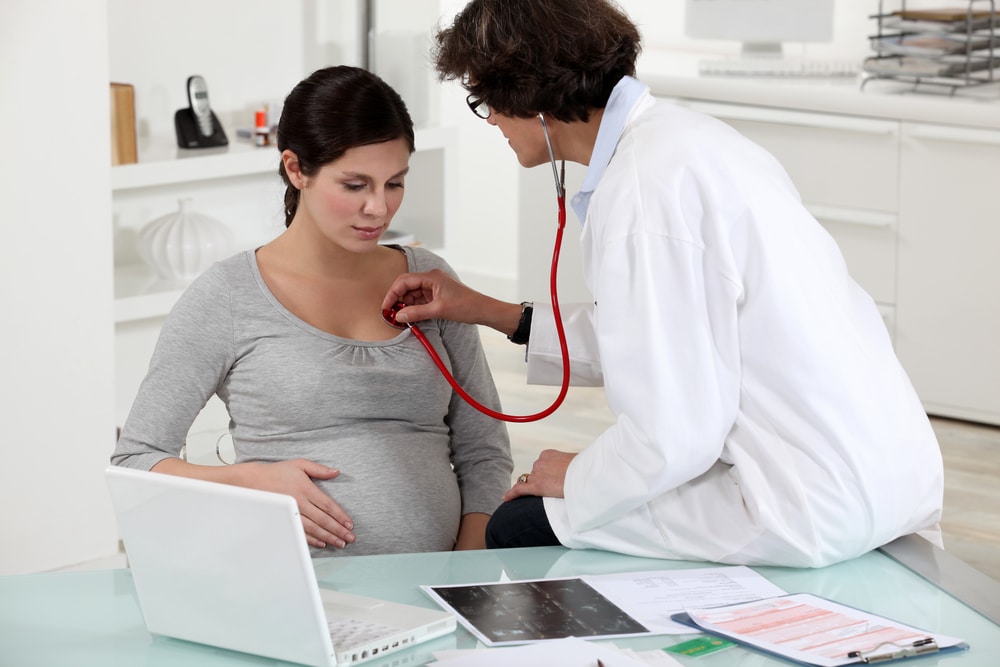High blood pressure and pregnancy is not necessarily a dangerous combination, but it requires special attention. Taking care of both mother and baby is essential in pregnancy. Therefore,everyone needs to know the following points about high blood pressure and pregnancy.
During pregnancy, most women will not develop any problems with their blood pressure. However, some women develop high blood pressure. It is often mild and therefore not serious, but in some cases, severe hypertension can harm both mother and baby. To avoid any problems, pregnant women should check their blood pressure regularly and take necessary steps to prevent it from climbing too high.
In individuals with high blood pressure, the heart has to operate harder to pump blood, which can affect the heart muscles. Normal blood pressure is below 140/90 mm Hg. There are three levels of high blood pressure during pregnancy, as explained below.
. Mild hypertension is indicated by blood pressure between 140/90 and 149/99 mm Hg – a regular checkup is suggested, but does not usually require treatment.
. Moderate hypertension is indicated by blood pressure between 150/100 and 159/109 mm Hg – proper care should be taken in the diet if such a condition exists.
. Severe hypertension is indicated by blood pressure of 160/110 or higher. This is a state of serious concern. Salt and pepper intake must be controlled, and more fluids should be added to the diet.
Hypertension affects around 8% of pregnancies. There are three different types of high blood pressure in pregnancy as listed below:
Chronic Hypertension
Chronic hypertension is the condition of high blood pressure over a long period. If a woman is found to have high blood pressure before the 20th week of pregnancy, it usually means that she had undetected chronic hypertension before becoming pregnant. According to WHO reports, 5% of women have chronic hypertension when they get pregnant and therefore have a high risk of developing preeclampsia during their pregnancy. It should be kept in mind that some medicines used to treat high blood pressure should be avoided during pregnancy. Thus, proper medical supervision is essential for pregnant women with chronic blood pressure.
Gestational Hypertension
If a woman develops high blood pressure without the presence of proteins in her urine after 20 weeks of pregnancy, it is called as “gestational hypertension“. The blood pressure will normalize within six weeks after the delivery in this case, since it is pregnancy-induced. However, constant monitoring of blood pressure is essential to be on the safe side.
Preeclampsia
Preeclampsia is the condition of high blood pressure accompanied with proteinuria. Proteinuria is the presence of excess protein in the urine. It is more common if a woman had chronic hypertension or gestational hypertension or preeclampsia in previous pregnancy and so extra care is essential in such cases through regular checkups of the blood pressure and urine. Preeclampsia affects the placenta also, so regular ultrasound scans should be performed to check if the baby’s growth is normal and healthy. If preeclampsia is not treated, it can lead to seizures and, on rare occasions, death of the mother during or just after the delivery. Typically, pregnant with preeclampsia recovers within 45 days after the childbirth.








Reply